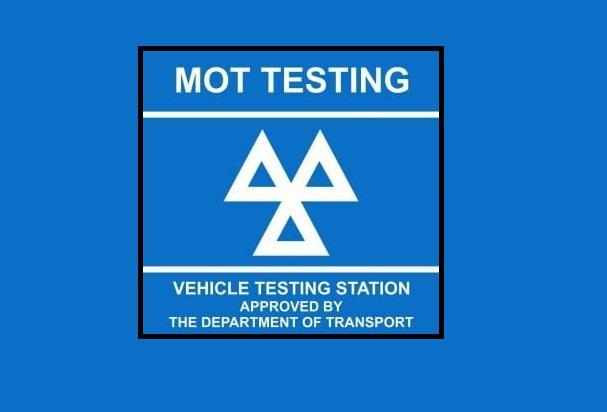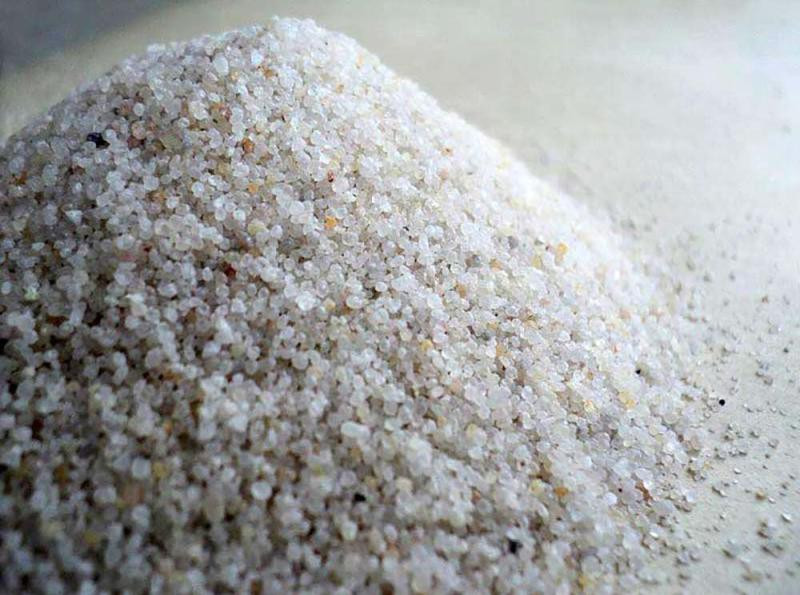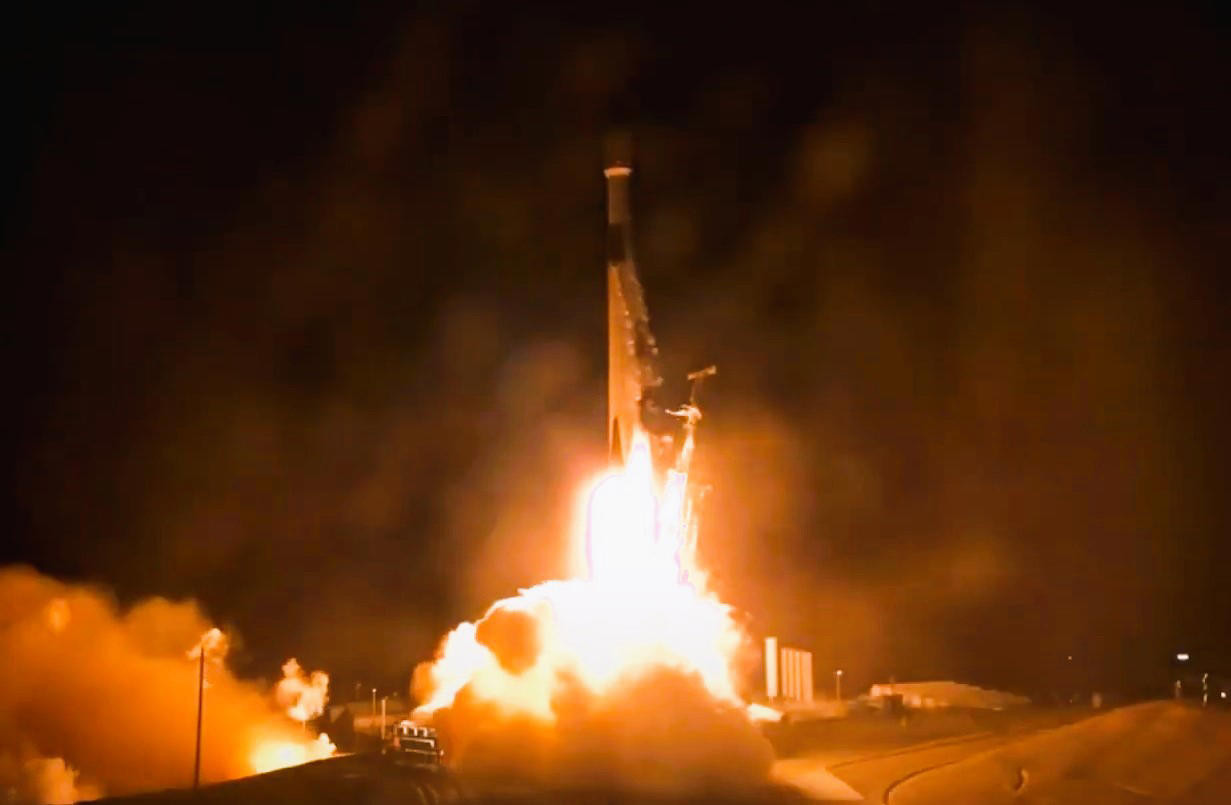Most MOT staff would support calibration companies being allowed to upload calibration certificates directly into the DVSA’s MOT Testing Service (MTS), according to a recent poll conducted by management platform MOT Juice.
The survey, which gathered responses from over 5,000 MOT testers and managers, found that 61% would welcome the assistance of calibration companies in uploading certificates to the MTS. Only 23% opposed the idea, while 16% remained indifferent.
The findings come amid growing concerns about the administrative load faced by MOT stations, exacerbated by a new requirement for testers to manually record their annual training within the MTS system.
Previously, testers maintained their training logs externally, often with the help of training providers. Now, with this new rule in place, the added workload and risk of errors have prompted widespread calls for more streamlined processes.
Many in the MOT industry are calling for the DVSA to introduce API integration that would automate the transfer of training data between providers and the MTS.
"For nearly a decade, MOT testers have managed their training records outside of the MTS with the help of training providers," says Barry Babister, managing director at MOT Juice. "Now that we’re being asked to manually input this data, the additional burden is unnecessary when automation could easily handle it."
MOT Juice is urging the DVSA to extend the technology used for automatic exam result submissions to training records as well.
By enabling API-driven data transfers from training providers and calibration companies, MOT stations would benefit from modernised processes that align with the DVSA's goal of enhancing transparency and ensuring compliance without adding undue administrative work.
"The technology is already there," Babister said. "We’ve seen how well automation works for exam results. Extending this functionality to training records and calibration certificates is the logical next step, especially considering the growing amount of data required to stay compliant."
API Integration for Training Records and Calibration Certificates
The call for API integration is not a new one. For years, MOT testers have been using external platforms and systems to manage their training and calibration records. However, the DVSA's recent decision to require testers to manually enter this data into the MTS has created significant frustration and concerns.
The new requirement has added an unnecessary layer of complexity and administrative burden for MOT stations. Testers have to manually input their training details, which takes time and increases the risk of errors. This is especially problematic for larger stations with multiple testers and a high volume of training records.
API integration would eliminate this manual process by enabling the seamless transfer of data between training providers and the MTS. This would not only save time and reduce errors but also improve the efficiency and accuracy of training record management.
The Benefits of API Integration
There are several benefits to implementing API integration for training records and calibration certificates. These include:
-
Reduced administrative burden: API integration would automate the transfer of data, eliminating the need for manual input and saving valuable time.
-
Increased accuracy: Automating the process would reduce the risk of human error, ensuring that training records and calibration certificates are accurate and up-to-date.
-
Improved compliance: API integration would streamline the process of maintaining training and calibration records, making it easier for MOT stations to comply with regulations.
-
Enhanced transparency: API integration would provide the DVSA with real-time access to training and calibration records, improving transparency and accountability.
Moving Towards a Modernized System
The DVSA is committed to modernizing the MOT testing system and making it more efficient and effective. API integration for training records and calibration certificates is a critical step in achieving this goal. By leveraging technology to automate data transfers, the DVSA can help MOT stations reduce their administrative burden, improve accuracy, and enhance compliance.
The industry is calling on the DVSA to take action and implement this solution. The technology is readily available, and the benefits are clear. It's time to modernize the system and move towards a more efficient and streamlined process for managing training records and calibration certificates.
The Future of MOT Testing
The implementation of API integration for training records and calibration certificates is just one example of how the MOT testing system is evolving. The industry is embracing technology to improve efficiency, accuracy, and compliance. As the system continues to evolve, it's important to ensure that the DVSA continues to work with industry stakeholders to develop innovative solutions that benefit all parties involved. This includes considering the needs of MOT testers, calibration companies, and the DVSA itself.
By working together, the industry can continue to move towards a more modern, efficient, and effective MOT testing system.


















